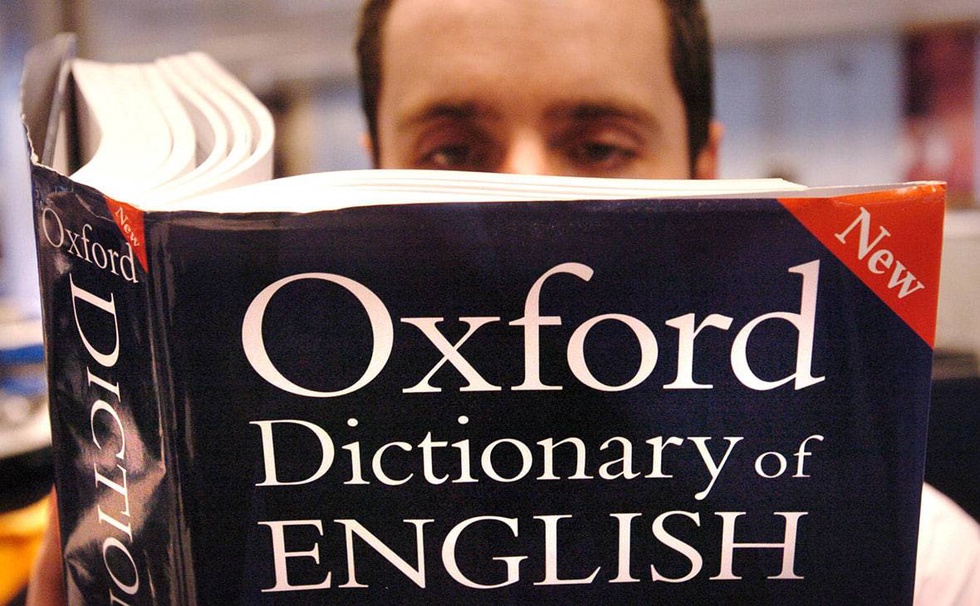The dictionary defines "brainrot" as follows: "an alleged deterioration in a person's mental or intellectual state, often considered as a result of excessive consumption of material (especially online content) that is considered trivial or primitive." It is noted that over the past year, this word has been searched in the dictionary 230% more often than before, TASS reports.
The publishing house pointed out that the first use of the word "brainrot" was recorded in 1854 in the book by the American writer Henry David Thoreau (1817-1862) "Walden, or life in the Woods" (Walden; or, Life in the Woods). In recent months, it has gained rapid popularity on social networks and has entered the permanent vocabulary of bloggers and journalists.
The word of the Year was chosen by Oxford University Press experts based on the results of an online vote on the publisher's website. There were a total of six words to choose from. In addition to "brainrot", this is the adjective "demure" (demure), which is synonymous with the word "restrained", the noun "slop" (slop), denoting low-quality online content generated by artificial intelligence, and the noun "lore" (lore), which means a set of facts and knowledge about someone or about something necessary to understand the topic of discussion. In addition, the short list included the nouns "romanticism" (romanticism - romantic fantasy) and "dynamic pricing" (dynamic pricing).
In 2023, the word of the year according to the Oxford Dictionary became the noun "rizz" (rizz), meaning "style, charm or attractiveness". The Cambridge English Dictionary previously named the verb "manifest" as the word of 2024. It means "using techniques such as visualization and affirmation to help imagine that you have achieved something desired, believing that such actions will increase the likelihood of these achievements."












